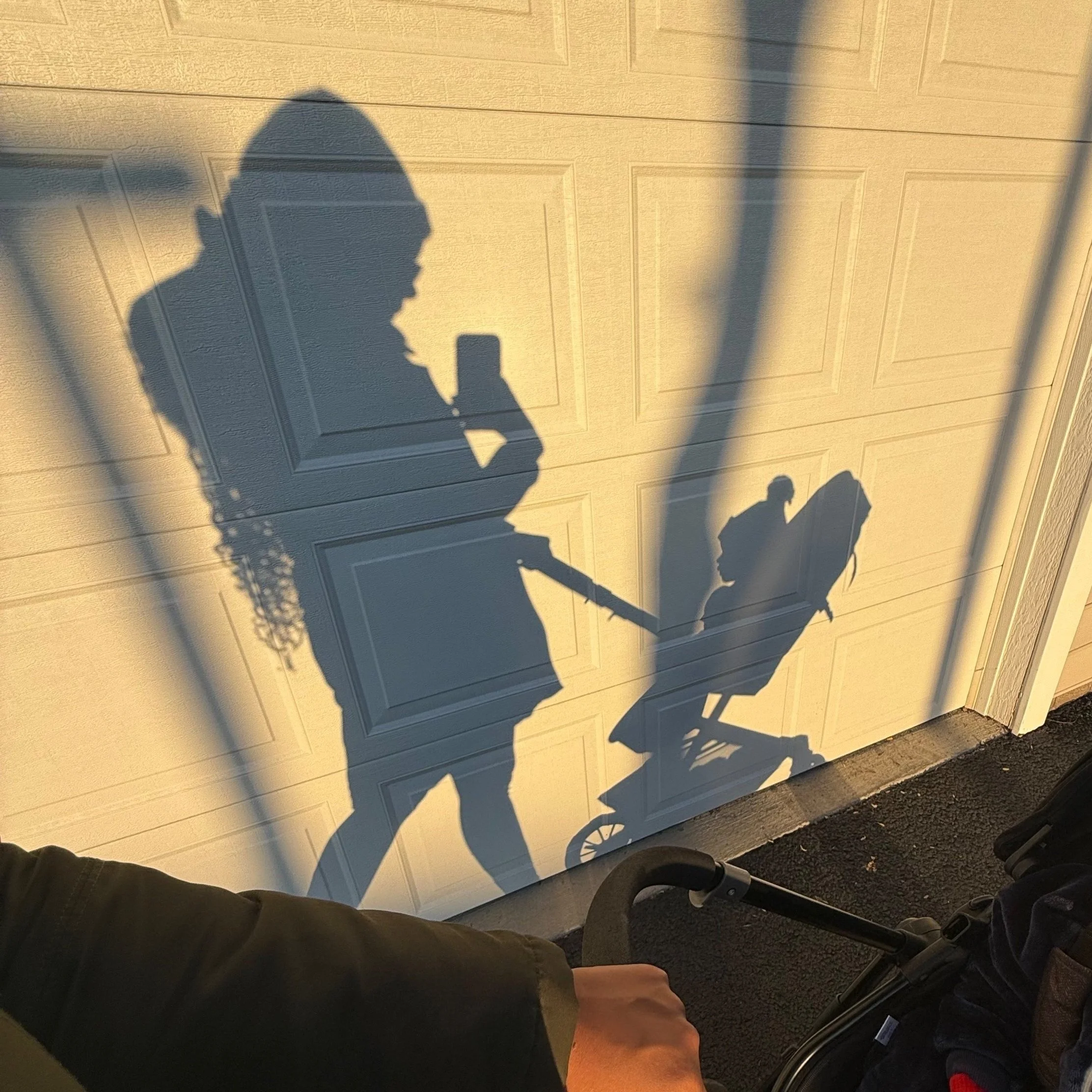Going The Extra Mile
Over the past few days, I’ve walked two miles each day. My goal is centered around more energy, better sleep and appetite. Oddly enough, while I felt mentally and emotionally challenged, physically I was completely recharged. As I walked, I couldn’t help but sit with the fact that after one mile, I mentally told myself that I had done enough. But physically, I wasn’t tired. I’ve been reflecting on why I wanted to stop at that point, despite my body wanting to keep going. How can I address this mind-body disconnect?
It might come down to a few possibilities rooted in past experiences and childhood trauma—particularly, the conflict between mental expectations and physical capacity. Over time, I’ve developed these mental set points where I believe that a certain amount of effort is “enough.” Growing up, I was conditioned to believe that achieving a specific goal was sufficient, and pushing beyond that could lead to overexertion or failure. This mindset shows up in various aspects of my life—especially in my creative process. I’ve been in the flow of painting, adding layers of detail, only to either overwork the piece or focus too much on one area, leaving the rest feeling unfinished.
Another possibility involves my “villain,” (this “villain” concept is inspired by Vanessadomslife on the clock app) the part of me that aligns with self-sabotage, particularly when it comes to pushing past emotional boundaries. Self-sabotage, at its core, may have been a protective mechanism against harsh criticism or emotional pain from others. It kept me safe—at least in some sense—but it also left emotional baggage that’s still with me. The fact that I feel physically recharged when I push past physical limits like walking or creating, yet mentally and emotionally challenged, suggests there’s a mind-body disconnect at play. My mind imposes limits that don’t align with my body’s capabilities.
When I was younger, I loved riding my bike as fast as I could. I remember the wind blowing my ponytail back, my shirt fluttering wildly, and feeling an exhilarating freedom in that movement. The only resistance I ever felt came from the air catching my shirt or from my mom yelling for me to slow down so I wouldn’t get hurt. But I never got hurt riding fast—except for the few times my brother pushed me so hard that I crashed into the side of our apartment building. There was no mind-body disconnect when it was just me and the bike, but my mom’s warnings to slow down to prevent me from getting hurt—even though my accidents weren’t from my own efforts—instilled a subtle fear of pushing myself too far.
That fear has lingered, contributing to a secondhand fear of progress—one that wasn’t born from my own experience, but rather from the imposed boundaries of others.
So, how do I address these issues? How do I push past the mental blocks and encourage myself to keep going, despite the rules and voices from my past telling me to stop?
Earlier, I mentioned the belief that pushing past a set point would result in failure or criticism. That belief needs rewriting. Instead of limiting myself, I can adopt new, empowering thoughts. The narrative can shift to: “My former limitations do not reflect my current abilities. I am capable of more. I can push beyond perceived limits without overwhelming myself.” But honestly, without conscious action, these words, although fluffy and warm, fall flat and meaningless.
If our experience shapes our belief, and our beliefs render who we are, I can create a better story to shape my experiences and beliefs. Thankfully we aren’t empty vessels, and I can turn up the voice that tells me: “It’s safe to go further. I trust my body,” and show up in ways that is evident that it’s safe, and that I can trust my strength, my mind and instincts.
I can address my discomfort in going the extra mile and the fear of the unknown or unworthiness. When I think of succeeding, I think of riding my bike as a kid, feeling aware of my abilities, pushing the pedals, and steering with a sense of power and joy. I felt like I could fly just from the effort of pedaling, and I didn’t feel burnt out—I felt strong and sufficient in my capabilities.
Moving forward, exposing myself to that “extra mile”—whether in walking, creative work, or other areas of life—will help my subconscious adapt to new limits. By setting slightly higher goals than what feels “safe,” I’ll gradually and gently train my mind to trust that progress is not only possible but rewarding.
This journey of actively reframing my mindset, addressing past trauma, and embracing gradual progress will ultimately strengthen me mentally, physically, and emotionally. And in doing so, I’ll confidently move toward my version of success.

